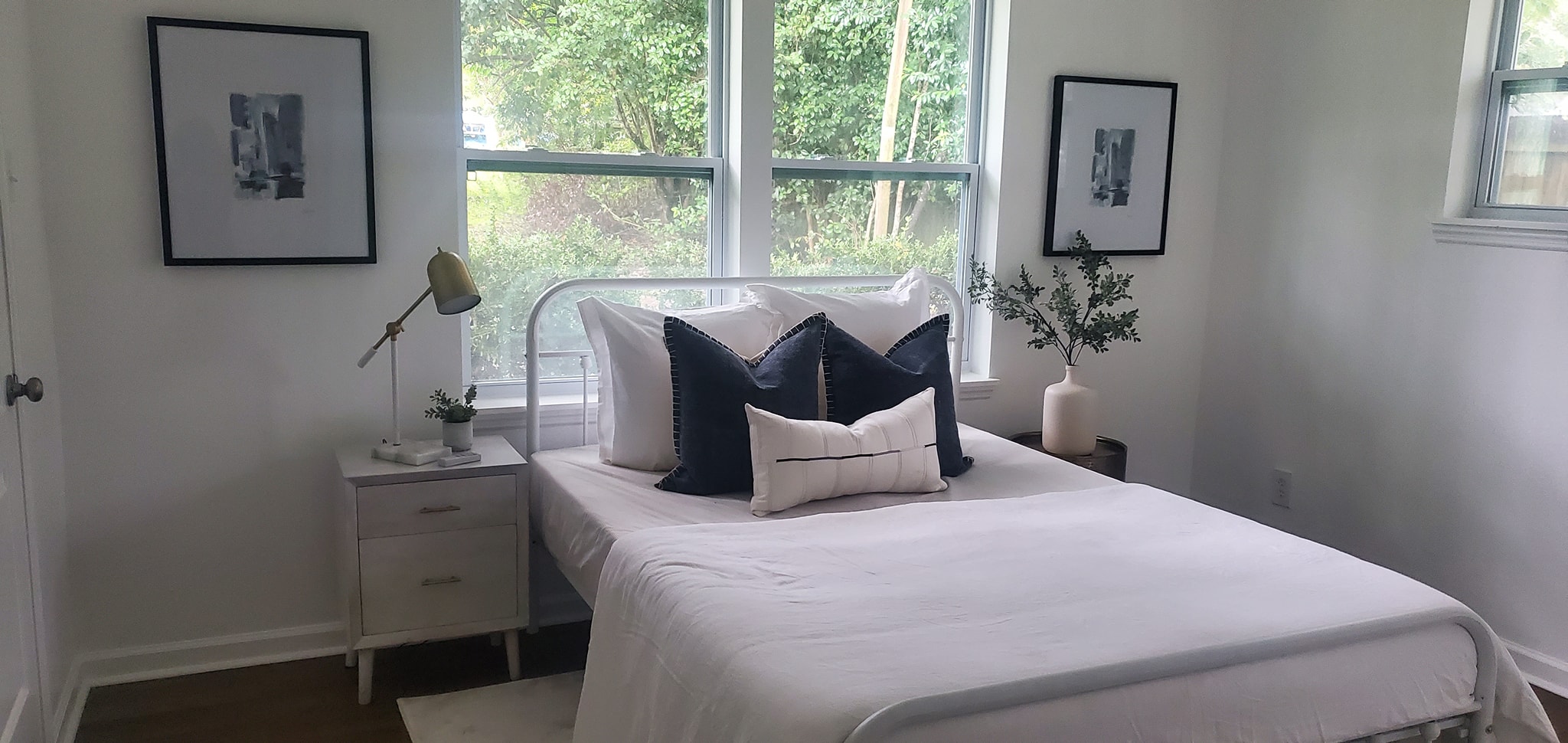
Mastering the Art of Sustainable Construction Practices Oct 03, 2025
The foundation of sustainable construction begins with material choice. Opting for renewable or recycled materials can drastically cut down the environmental impact of any construction project. Materials like sustainably harvested wood, recycled steel, and green concrete can reduce waste and limit the depletion of natural resources. Additionally, incorporating local materials can also reduce transportation emissions, directing us closer to the goal of sustainability.
Energy efficiency is another cornerstone of sustainable construction. By utilizing energy-efficient appliances, advanced insulation techniques, and properly designed HVAC systems, buildings can significantly reduce their energy consumption. Seaboard Construction is adept at integrating solar panels, energy-efficient lighting, and smart home technology to manage and optimize energy use. These innovations not only benefit the environment but also result in substantial cost savings for homeowners and businesses in the long run.
Water conservation strategies also play a critical role in sustainable construction. Implementing water-efficient fixtures and rainwater harvesting systems can greatly reduce water usage. Additionally, thoughtful landscaping with native plants that require minimal irrigation further aids in conserving this precious resource. At Seaboard Construction, we prioritize these approaches to ensure that our projects contribute positively to local ecosystems.
The importance of indoor environmental quality cannot be overstated in sustainable building. A key aspect of this is enhancing indoor air quality through the use of non-toxic materials and ensuring proper ventilation. Our team also focuses on incorporating natural lighting, which reduces dependency on artificial lighting and improves the well-being of occupants. These practices are essential for creating environments that promote health, comfort, and productivity.
Moreover, thoughtful design is a critical element of sustainable construction. Designing a building with its entire life cycle in mind ensures efficiency and minimal environmental impact from construction through to demolition. This includes the integration of flexible spaces that can adapt to future needs, reducing the need for extensive renovations or reconstructions. At Seaboard Construction, our design experts excel at creating sustainable plans that align with both client needs and environmental goals.
Finally, the concept of waste reduction is integral to our sustainable construction practices. We implement a comprehensive waste management plan that involves recycling construction debris and using methods that generate minimal waste. By partnering with suppliers and subcontractors committed to sustainability, we strive to make every construction project as environmentally responsible as possible.
In conclusion, mastering the art of sustainable construction is not just an idealistic vision—it's a practical, achievable objective. It requires a concerted effort from choosing the right materials and energy systems to implementing water-saving measures and ensuring superior indoor environments. At Seaboard Construction & Real Estate Group, we are dedicated to making sustainable construction accessible and effective for all of our clients. By choosing sustainable building practices, you're not just constructing a building; you're creating a legacy of environmental responsibility for future generations.
/filters:no_upscale()/media/6e999006-9268-4a15-a084-745f9a29adb8.jpeg)